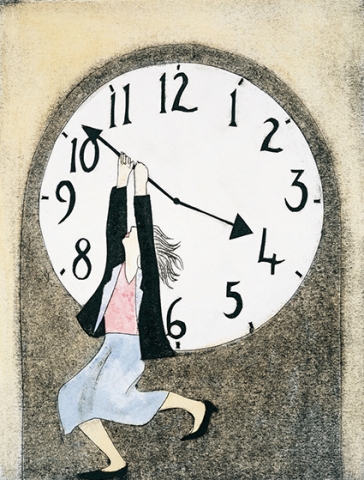Knowing Russia Better Wouldn’t Have Hurt
Op-Ed
Playing the game of politics with Russia is not easy for Georgia due to the Russian political irrationality, and because Russia is still in the client-patron mood when it comes to Georgia: it looks like Russia is not about to swallow the unexpected impulsive truncation of its three-century-old sick but still imperial body. Compared to all other ex-soviet states, Russia’s annoyance with Georgia is razor-sharp and badly jagged.
Georgia is a special case for the Russian imperial irritation: Georgia’s national freedom and independent statehood being far beyond the Russian political assumption and patience. History knows that well, and historians are the best judges of the Russian-Georgian geopolitical love and hatred. It is like a marriage in which the affectionate husband is so jealous of his innocent wife that in fits of green-eyed resentment, the infuriated but adoring hubby is ready to tear apart his fragile, charming spouse.
Russia will not let Georgia get involved in another love affair, whoever its new significant other might be. The tension in the present interaction between the two sides is extreme, hanging right on the verge of the perilously deepened political abyss, which is no heaven for any of the parties. To put it bluntly, we are in dire straits, but at present, thanks to a reasonably regulated relationship, the state of affairs is frozen at some tolerable degree of geopolitical temperature so as to allow additional time and resources for mutual tolerance and cooperation between Russia and Georgia, if ‘tolerance’ and ‘cooperation’ could make an applicable vocabulary to describe the awkward bilateral instance. Not talent or labor, but power and violence are the recognized determinants in the negatively metamorphosed Russian-Georgian dealings.
Meanwhile, the conventional fundamentals of power prompt the leaders of both nations to refrain from unreasonable moves that might develop into destructive consequences for both. We are well-aware of those fundamentals now, but we had no idea what they meant 30 years ago when the Russian-Georgian belligerency started. In this vicious international conundrum, most of the everlasting political and military values were badly confused, and no component of the 200-year relations was considered when mutually disparaging steps were being taken without an iota of thoughtful professional analysis. Seemingly, the historical necessity never demanded the bringing of Russian-Georgian relations to the point where nothing is visible except an impenetrable geopolitical cul-de-sac, out of which no living political scientist can see a peaceful withdrawal.
Any Georgian government of the last quarter of a century trying to hold on to power, has seen the dilemma of survival in balancing out its geopolitical performance between Russia and the West. The West is moderately reserved in terms of flexing its muscles, but Russia, being an empire, needs to demonstrate power and splendor to inform the world of its invincibility by means of exuding imperial authority. When Georgia dared to break away from the tentacles of Russian dominance, the insulted Empire dealt a lethal blow on the recalcitrant colony, the shock of which Georgia still feels today as it stumbles towards its genuine freedom and independence.
Had Georgia known better 30 years ago the details of the Russian imperial psyche, and the paranoia that accompanies that psyche, would Georgia have behaved the same way? This is the question which is almost impossible to furnish with a reasonable answer forthwith, but I am still posing it, hoping that politics remains the art of possible. One of my conjectures might be that the sense of survival betrayed the Georgian national acumen at that crucial moment of its history. The underlying sense of this presumption is not the old adage that says to join them if you can’t beat them, because I fundamentally believe in the idea of national freedom. What I am saying is much simpler: had we known better, we would have done better. Probably!
By Nugzar B. Ruhadze












